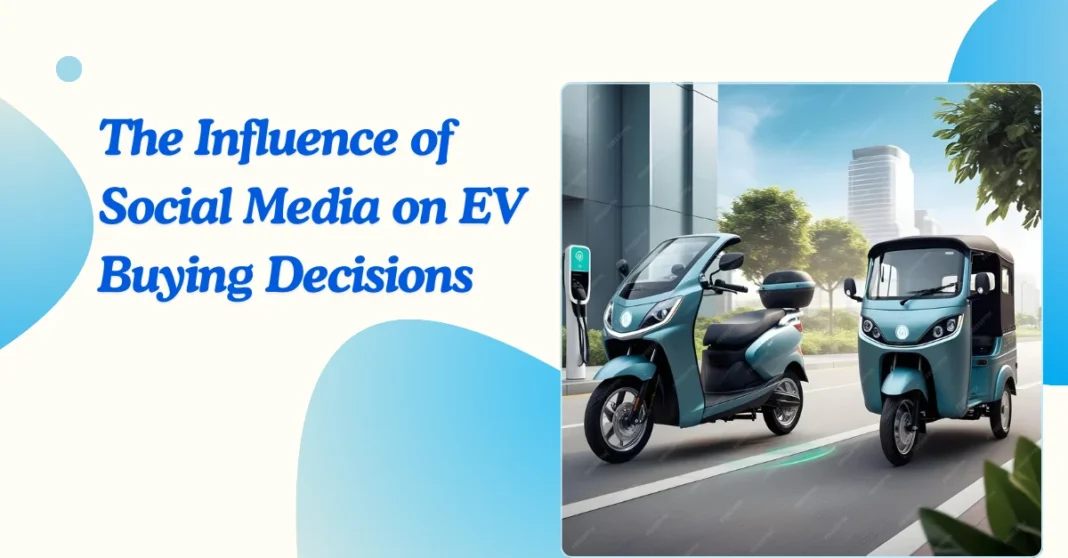Introduction
Social media has transformed the way consumers gather information, share experiences, and make purchasing decisions. In the context of electric vehicles (EVs), platforms like Instagram, Twitter, Facebook, and TikTok play a pivotal role in shaping perceptions, dispelling myths, and influencing buying behavior. This article explores how social media impacts EV purchasing decisions, the types of content that resonate with consumers, and strategies for manufacturers to leverage these platforms effectively.
1. Social Media as a Information Hub
- Consumer Research: Many potential buyers turn to social media to research EV options, comparing models, prices, and features. Influencers and user-generated content often provide authentic insights that traditional advertising lacks.
- Peer Reviews and Testimonials: Consumers value peer recommendations and reviews over branded messages. Social media enables users to share their experiences, which can significantly influence potential buyers.
2. The Power of Influencer Marketing
- Influencers and Brand Ambassadors: Collaborations with influencers who are passionate about sustainability and technology can help brands reach target audiences more effectively.
- Authenticity Matters: Consumers are more likely to trust recommendations from influencers who demonstrate genuine interest and knowledge about EVs rather than those who merely promote a product for profit.
3. Visual Storytelling and Content Formats
- Engaging Visuals: Platforms like Instagram and TikTok thrive on visually appealing content. High-quality photos and videos showcasing EV features, performance, and sustainability benefits can capture attention and enhance interest.
- Educational Content: Informative posts, infographics, and videos that explain EV technology, charging options, and environmental impact can help demystify electric vehicles for potential buyers.
4. Community Building and Support
- Online Communities: Social media allows for the creation of dedicated EV communities where users can share tips, troubleshoot issues, and advocate for electric vehicle adoption.
- Real-Time Engagement: Brands that actively engage with their audience through comments, Q&As, and live sessions can build trust and foster loyalty.
5. Addressing Misconceptions
- Dispelling Myths: Social media can be a platform for correcting common misconceptions about EVs, such as range anxiety, charging times, and overall costs.
- Educational Campaigns: Brands can initiate campaigns aimed at educating the public about the advantages of EVs, thus positively influencing purchasing decisions.
6. Targeted Advertising and Analytics
- Precision Targeting: Social media advertising allows brands to reach specific demographics based on interests, location, and behavior, maximizing the effectiveness of their campaigns.
- Data-Driven Insights: Analyzing engagement metrics helps brands understand consumer preferences and tailor their marketing strategies accordingly.
7. User-Generated Content and Brand Loyalty
- Encouraging Sharing: Brands can encourage customers to share their experiences with their EVs, creating authentic content that showcases satisfaction and reliability.
- Building Loyalty: Engaging with customers on social media fosters a sense of community and loyalty, encouraging repeat purchases and referrals.
Conclusion
Social media is a powerful tool in influencing consumer perceptions and buying decisions in the electric vehicle market. By leveraging platforms effectively, manufacturers can enhance brand awareness, address consumer concerns, and ultimately drive sales. As the EV market continues to grow, understanding and adapting to the evolving role of social media will be crucial for success.

